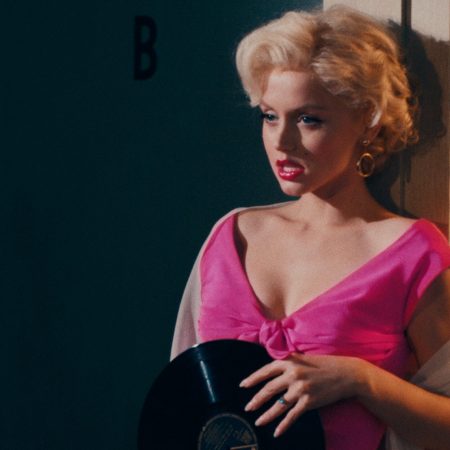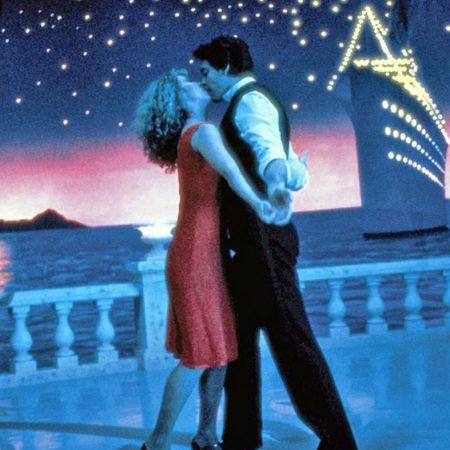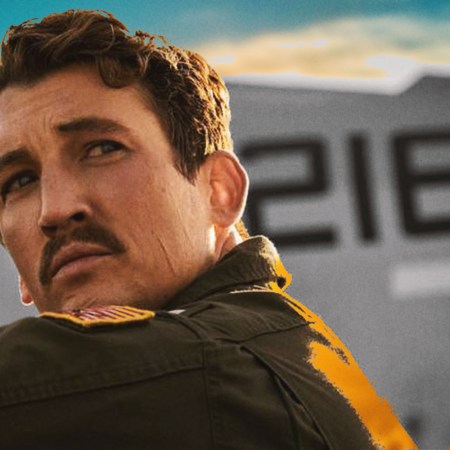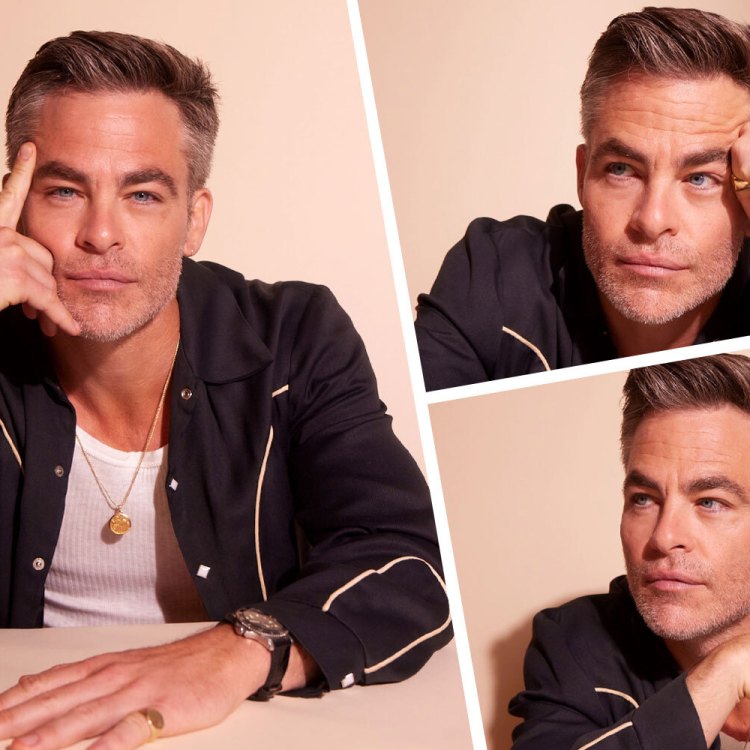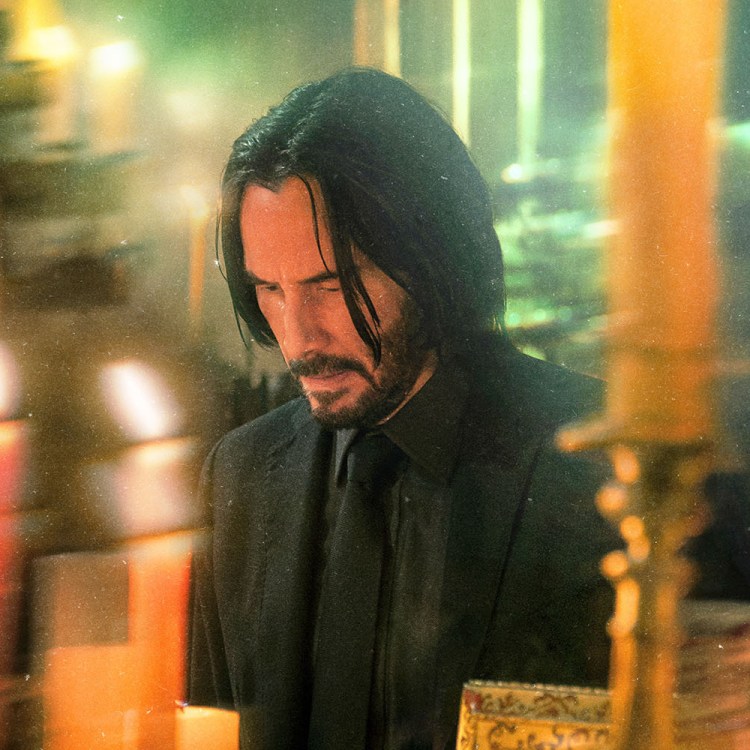If you’re at home flipping through channels on a rainy Saturday afternoon and Martin Scorsese’s Goodfellas comes across your television screen, the hunt for something to watch is dead as Dillinger. No matter how many times you’ve seen it and regardless of whether there’s a DVD, Blu-ray or VHS copy of the 1990 film within arm’s reach, you’ll sit there with Goodfellas on until “My Way” by Sid Vicious plays and the credits roll, even if it’s on cable and you have to endure commercials, dubbing and deleted scenes.
That sort of endless watchability is a rare phenomenon that only exists for certain films, and Goodfellas has it in spades, even though it’s been three decades since it was released, in September of 1990.
Why?
“It doesn’t feel all that dated. There aren’t a lot of films like Goodfellas being made nowadays, but if you look at recent gangster pictures, they’ve all got a foot in Goodfellas somehow or other. That speaks to not just the influence of it, but also to that the way it was made is still a pertinent and viable way to make gangster pictures,” says Glenn Kenny, the author of Made Men: The Story of Goodfellas, which was released earlier this week.
“It’s just a watchable movie. The filmmaking has such a dynamic texture and feel to it because [Scorsese] always puts life on the screen. There’s always a pulse to the frame that he’s throwing in front of you in the combination of sound and vision. It’s also because of the way it’s influenced so many other films. There’s a feeling when you watch it of being situated in a world you’re familiar with, even if you haven’t seen the film before, just because of all the other movies it has influenced.”
Kenny also says the film contains elements of what critic Robin Wood called “the lure of irresponsibility,” essentially the notion that people are inherently attracted to amoral and irresponsible behavior.
“The characters are involved in an enterprise that people have a curiosity about and sometimes a vicarious thrill with, which is doing wrong,” Kenny says. “These are characters who on close examination are kind of repellent, but as they’re presented on the screen, they’re charismatic, they’re interesting. Not intellectually interesting, but emotionally interesting. One of the reasons Scorsese wanted to make the movie was because he’d watch old gangster pictures with his buddies like Scarface, the 1930s film made by Howard Hawks. They’re seeing this kind of Neanderthal guy, the Tony Montana in Scarface is quite a mook, getting excited about Tommy guns because they are the new equipment in town and getting a couple and shooting them. Scorsese and his buddy, screenwriter Jay Cox, were kind of simultaneously excited and confused. They’re like, ‘Why do we like these guys?’”
At some level, it’s because they’re funny.
“There’s a comedic element, even a shock comedic element, to it. There’s a certain amount of violent slapstick,” Kenny says. “I mean, once it goes over the edge, it becomes horrific. Also, there’s the way the guys are sarcastic with each other. There is this sense of macho camaraderie that threads through the film until those points where it turns bad. So that’s the thing, if you’re a guy and you’re hanging out and you’re bullshitting with your friends, it can have that kind of tone, except in your situation, with normal lawful human beings, you don’t kill each other. I talked to Bill Hader about the movie and he said among comedians there’s also this hierarchy of one-upmanship that has a little bit of a sadistic edge. That is the dynamic that makes a lot of comedians relate to the movie.”
Goodfellas is also extremely relatable for fans of a popular HBO show whose protagonist, Tony Soprano, is almost a composite character of Robert De Niro’s Jimmy Conway (a paranoid homicidal maniac), Ray Liotta’s Henry Hill (a coke addict and philanderer who is still somewhat relatable) and Pesci’s Tommy DeVito (a homicidal maniac).
“I don’t think we would have The Sopranos without Goodfellas. Michael Imperioli told me when I talked to him that David Chase said Goodfellas was his Qur’an,” Kenny says. “You know, it’s interesting how Scorsese’s own career has intertwined with The Sopranos despite Scorsese saying that he didn’t really watch the show. A lot of people, a lot of the cast members in Goodfellas, were very prominent in The Sopranos. But also Terrance Winter, the writer who wrote the sixth season of The Sopranos and went on to be a creator of Boardwalk Empire, wrote the script for Wolf of Wall Street. So in a way, Goodfellas helped give birth to The Sopranos and The Sopranos helped give birth to Wolf of Wall Street. But also Reservoir Dogs and Boogie Nights. Every day people come up to me and we talk about films and we talk about another film that has a huge Goodfellas influence that’s very prominent. So when I talk about the film being woven into the fabric of popular culture, that’s what I mean. Also, because of the way that The Sopranos was a huge influence on almost everything that came after. You can see hints of a Goodfellas influence, certainly, in Breaking Bad and Mad Men and all sorts of things. It’s a hugely influential film.”
Look for it on a Saturday afternoon television screen near you, again and again.
This article was featured in the InsideHook newsletter. Sign up now.



